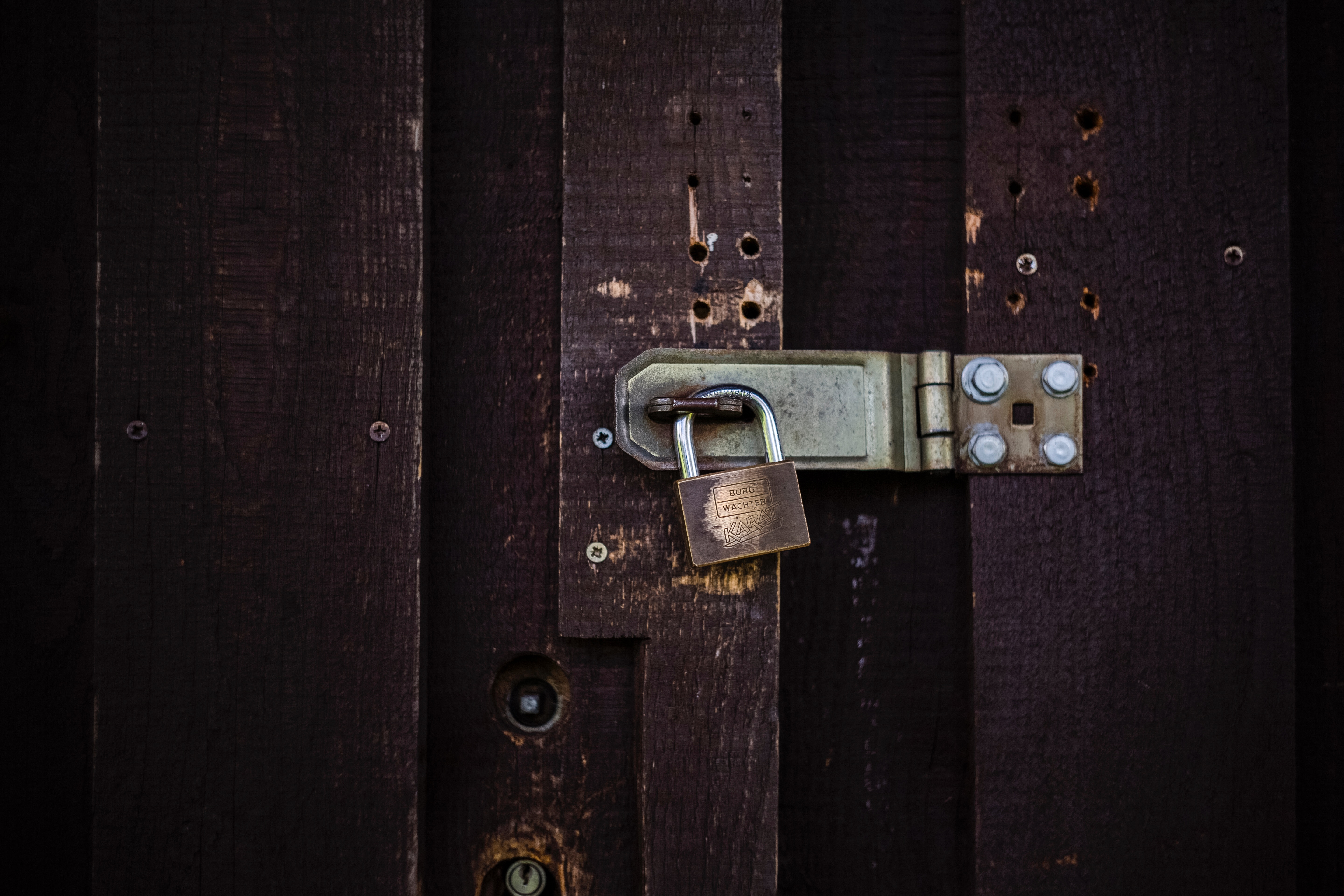During hurricane season, the all-too-familiar power outage often strikes. As a result, it’s convenient to have a back-up power source on hand, or a generator, if you will. Generators can pose many hazards, though, so we’ve prepared a few pointers on operating your generator safely.
- A primary concern for those using generators should be carbon monoxide. According to Electrical Safety Foundation International (ESFI), 67% of fatalities occurred when the generator was placed in a living area or basement. Twenty-six percent occurred when a generator was used in an attached garage or shed. Generators should be stored outside, at least 20 feet away from any home. As another precaution, battery-powered carbon monoxide detectors can be installed inside your home.
- Carbon monoxide cannot be seen or smelled. The American Red Cross (ARC) warns that if you start to feel sick, dizzy or weak while using a generator, find fresh air immediately.
- Fuel for the generator needs to be properly stored, outside the home and away from heat generating devices, including the generator itself. The Occupational Safety and Health Administration strongly recommends allowing the generator to cool before refueling, because fuel spilled on hot engine parts can ignite.
- As for electrical concerns, ensure your generator is properly grounded and using with a Ground Fault Circuit Interrupter. Only use extension cords that are three-pronged and can handle at least equal to the sum of connected appliance loads. Store the generator under a dry surface and do not operate with wet hands. Do not plug the generator directly into household wiring, because this may cause dangerous backfeeding, which may harm utility workers restoring power. (ESFI and ARC)
- Finally, the Energy Education Council advises waiting until the generator is powered on, before plugging in appliances one by one, to avoid overloading the generator.
Storms account for many of the fatalities associated with generator use, with hurricanes accounting for 29% (ESFI). Although generators can be incredibly helpful, under the wrong conditions, they pose a huge danger to homes. We hope that by now, you’re well-prepared for hurricane season, and you’ll stay safe throughout the coming months.


